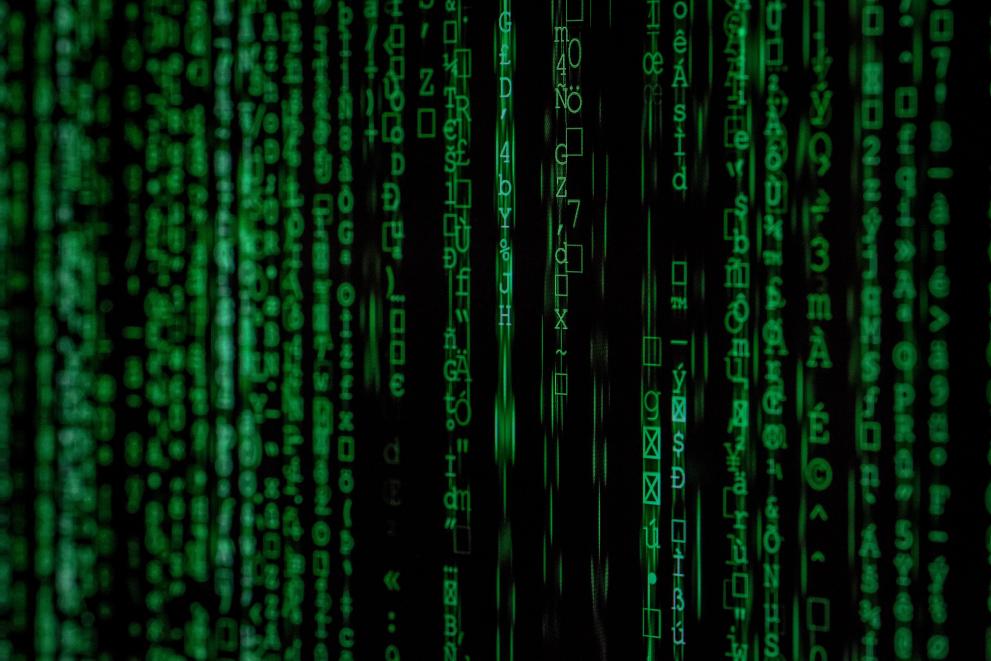
Written by Mr. Toby Mak, IP Expert and collaborator of the China IP SME Helpdesk
The CN Supreme Court published its Opinion on Strengthening Blockchain Application in the Judicial field on 23 May 2022 at the link below, which also has an English translation of the Opinion:
https://www.court.gov.cn/fabu-xiangqing-360271.html
The Opinion has many high level statements. The following are the points to note, in my view, of the Supreme Court's plan to be achieved by 2025, with my own comment in italic below:
- A complete open standard system with blockchain alliance featuring inter-connectivity and sharing between the people's courts and all social sectors for blockchain application in the judicial field would be established. This system is is to be integrated into the economic and social operation system, enabling information sharing and coordination with the political and legal, industrial and commercial, financial, environmental, social credit and other sectors, which could improve the business environment, economic and social governance, risk prevention and resolution, and industrial innovation and development. [Toby's comment: Would China be able to establish a standard for this inter-connecting system that is going to be used by the rest of the world? At least I am not aware of similar system in judicial systems in other jurisdictions]
- The above standard system is to provide fundamental support for data verification, trusted operation, smart contract, inter-operational collaboration, and so on. In particular, according to Article 7, an Internet-based judicial blockchain verification platform is to be built, which according to Article 10, electronic evidence's trustworthiness is to be ensured. Article 21 specifically mentioned intellectual property for verification of information related to intellectual property ownership, registration, transfer and others to facilitate the evidence identification of intellectual property cases. [Toby's comment: One of the major difficulties of litigating in China is to have the evidence verified by an independent 3rd party, in most cases a Chinese notary for such evidence to be acceptable to be considered by a Chinese court. While such verification could be done for infringement evidence by sales relatively easily, this is difficult for non-publication prior art evidence, supposedly private conversation by emails (instant messaging and e-commerce platform sales records have been accepted as evidence in Chinese courts, as these could not be tampered with by the party submitting the evidence), internal documentations including employee exit interval records, and so on. If the upcoming Chinese system could allow user to record these difficult-to-be-proven evidence while maintaining confidentiality, at least I would advise my clients to use this system as much as they could. Such evidence recorded in China may be accepted by courts in other jurisdictions, one step forward making this Chinese system a world standard.]
- Interestingly, according to Article 9, one function of the Chinese system is to ensure the security of judicial data "to make sure the judicial data are tamper-proof". [Toby's comment: Does this mean that tampering of judicial data has occurred?]
- The Chinese system would also be used in enforcement, including the following:
- Article 11 - notice of enforcement, investigation and control of property, disposal of property, collection and distribution of money related to the cases, credit-based punishment, evidence collection, interactions of enforcement, reporting and conclusion of cases would be audited by the system.
- Article 12 - storing serving of court's documents, and receipt of these documents.
- Article 14 - automatically triggering the trial procedure or the enforcement procedure upon failure to perform mediation agreements, and launch the smart contract procedure
- Article 15 - automatically triggering the enforcement procedure upon failure to perform judicial decisions
- Article 16 - automatically investigate, freeze and seize property and distribute money related to the enforcement cases; and automatically file a case and resume enforcement for suspended cases or settled cases for non-fulfillment of obligations
- Article 20 - automatically carrying out investigation and control in enforcement and imposing credit-based punishment against property and debtors subject to enforcement.
The content of this article is intended to provide a general guide to the subject matter. Specialist advice should be sought about your specific circumstances.
Details
- Publication date
- 31 May 2022
